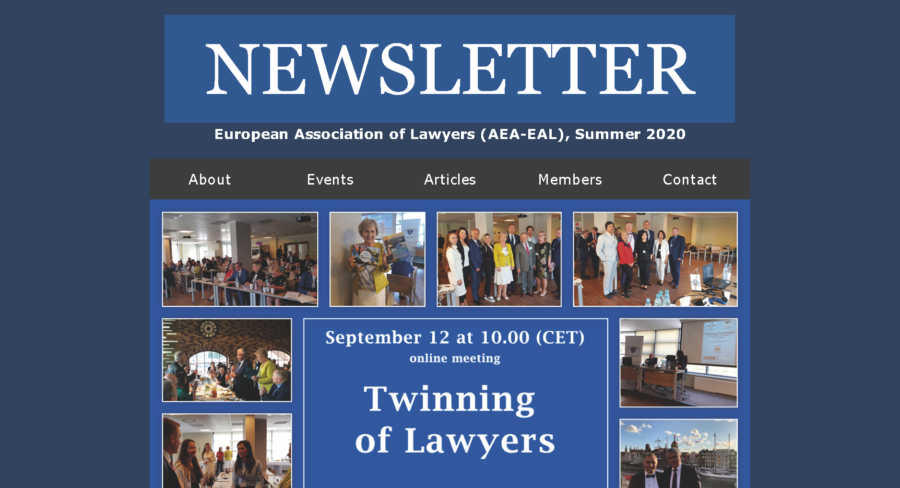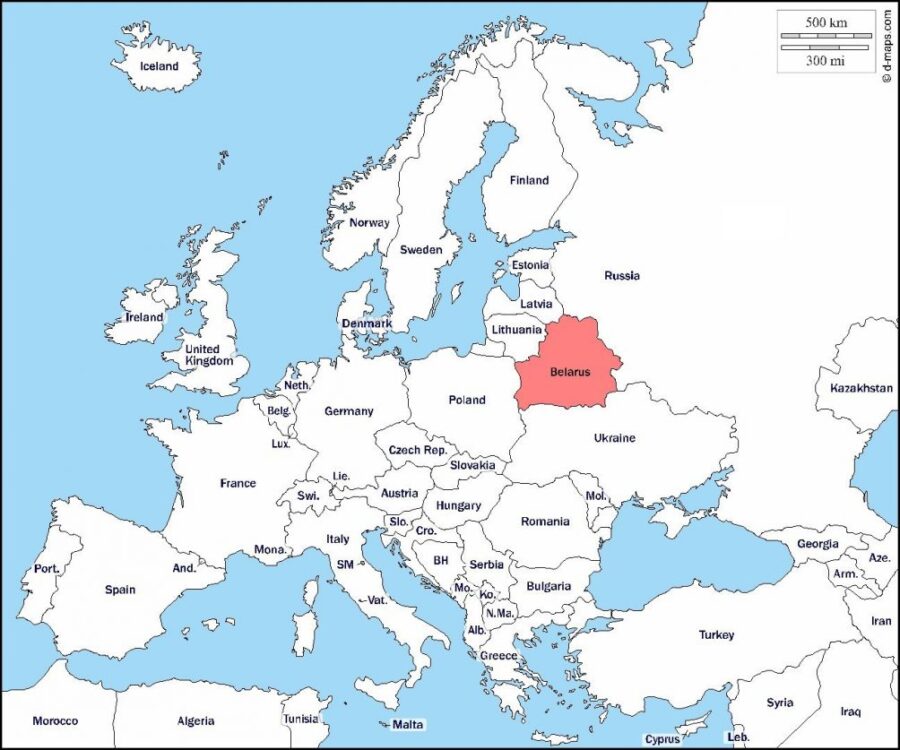
The European Association of Lawyers (AEA-EAL) has been approached by the Human Rights Foundation in Oslo and by the Helsinki Foundation for Human Rights in Poland with the request to support statement on situation of lawyers in Belarus. Advocates faces many obstacles, threats and – some of them – are imprisoned for performing their professional duties. Please find below text of the Statement (in English and in Russian), cosigned by the number of Bar Associations and organizations of lawyers:
Open statement in connection with the detention of Belarusian lawyers Ilya Salei and Maksim Znak
September 10, 2020
We express our deep concern at the detention of lawyers Ilya Salei and Maksim Znak on September 9, 2020, in Belarus, in a criminal case which is undeniably politically motivated. We consider this to be a gross violation and interference with their professional legal activities and with their rights to express professional opinions, as established by international legal standards. This case is a direct consequence of a dire situation, problems and violations of professional rights of attorneys and lawyers and overall functioning of the legal profession in the Republic of Belarus. These problems were highlighted by both international organizations and representatives of the legal community before.
According to information posted on the website of the Main Investigation Department of the Investigative Committee of the Republic of Belarus, “the investigation of the criminal case opened by the General Prosecutor’s Office of the Republic of Belarus under Part 3 of Art. 361 of the Criminal Code of the Republic of Belarus. At the moment, in the course of the investigation, evidence has been obtained that testify to the commission by individuals of a non-governmental organization called the Coordination Council, actions aimed at destabilizing the socio-political, economic situation and public awareness in the country, causing harm to the national security of the Republic of Belarus. These actions were carried out using the media and internet resources. With regard to the suspects Maria Kolesnikova and Maksim Znak, with the approval of the prosecutor, a preventive measure was chosen in the form of detention. Ilya Salei was also detained on suspicion of committing this crime.”
However, detained Ilya Salei is a lawyer of Maria Kolesnikova, one of the leaders of the Belarusian protest movement and a member of the Presidium of the Coordination Council, who is also in jail. Second detained lawyer Maksim Znak was representing Viktor Babariko, who ran for the President of the Republic of Belarus, but was not allowed to register as a candidate and was recognized as a political prisoner. Maksim Znak was also an attorney for the former presidential candidate Svetlana Tikhanovskaya, on whose behalf he created the Coordination Council. As a member of the Presidium of the Coordinating Council, Maxim Znak was providing legal assistance as an attorney. Maxim Znak’s lawyer Dmitry Laevsky notes: „all his statements, appeals, comments were public, transparent, their content was absolutely legal and did not carry any illegal intentions.”
We would like to emphasize that, in accordance with the United Nation’s Basic Principles on the Role of Lawyers , governments must ensure that lawyers can perform all of their professional functions without intimidation, hindrance, harassment, or improper interference. Lawyers, like other citizens, are entitled to freedom of expression, belief, association and assembly. In particular, they have the right to take part in public discussion of matters concerning the law, the administration of justice and the promotion and protection of human rights, and to join or form local, national or international organizations and attend their meetings, without suffering professional restrictions by reason of their lawful actions or their membership in a lawful organization.
The Belarusian Helsinki Committee appealed to the UN Special Rapporteur on the independence of judges and lawyers with a report about the situation of lawyers Maksim Znak and Ilya Salei. The report called for urgent action to be taken in connection with the detention of the lawyers and requested to send an urgent message to the Government of Belarus on the need to comply with the Basic Principles concerning the role of lawyers.
Belarusian lawyers and jurists have made an open statement in connection with the detention of their colleagues.
We also demand from the authorities of the Republic of Belarus to:
– immediately release lawyers Maksim Znak and Ilya Salei and comply with international legal standards of the independence of legal profession and the exercise of the right to defense;
– stop the persecution of lawyers and attorneys who are exercising their constitutional right of free expression by expressing their opinions while performing professional functions;
– strictly observe the provisions of Art. 62 of the Constitution of the Republic of Belarus: “everyone has the right to exercise and protect rights and freedoms, including the right to use at any time the assistance of lawyers and their other representatives in court, other state bodies, local government bodies, at enterprises, institutions, organizations, public associations and in relations with officials and citizens. Opposition to the provision of legal assistance in the Republic of Belarus is prohibited by law.”
Signatories:
1. Helsinki Foundation for Human Rights, Poland
2. ARTICLE 19, United Kingdom
3. The Council of Bars and Law Societies of Europe
4. The Bar Association of Luxembourg
5. The Swedish Bar Association
6. The French and German speaking bars association of Belgium AVOCATS.BE
7. The European Association of Lawyers AEA-EAL
8. Lawyers for Lawyers, The Netherlands
9. FIDH – International Federation for Human Rights
10. Lawyers’ Committee for Human Rights YUCOM, Serbia
11. OMCT World Organisation Against Torture
12. Human Rights House Foundation, Norway
13. Centre de la protection internationale, France
14. Human Rights Monitoring Institute, Lithuania
15. International Partnership for Human Rights (IPHR), Belgium
16. The Norwegian Helsinki Committee
17. Freedom Now, USA
18. Crude Accountability, USA
19. All-Ukrainian Association of Lawyers Providing Free Legal Aid – Odesa Division, Ukraine
20. Center for the Development of Democracy and Human Rights, Russia
21. Pskov Regional Human Rights Environmental Public Movement „Svobodnyi Bereg”, Russia
22. Kharkiv Regional Foundation Public Alternative, Ukraine
23. German-Russian Exchange in St. Petersburg
24. Stichting CAAT Projects, The Netherlands
25. MEMORIAL Deutschland e. V. Haus der Demokratie und Menschenrechte, Germany
26. Legal Policy Research Center, Kazakhstan
27. Public Association Dignity, Kazakhstan
28. Human Rights Movement „Bir Duino-Kyrgyzstan”
29. Belarusian Helsinki Committee
30. Human Constanta, Belarus
31. Center for Participation and Development, Georgia
32. Helsinki Citizens’ Assembly – Vanadzor, Armenia
33. Association of Ukrainian Human Rights Monitors on Law Enforcement, Ukraine
34. SOVA Center for Information and Analysis, Russia
35. Souchastiye v Sud’be, Blagotvoritel’nyy Tsentr, Russia
36. Human Rights Embassy, Moldova
37. Libereco Partnership for Human Rights, Germany
38. Public Verdict Foundation, Russia
39. Human Rights Group „Grazhdanin, armia, pravo”, Russia
40. DRA – German-Russian Exchange, Germany
41. Social Action Centre, Ukraine
42. Helsinki Committee of Armenia
43. Helsinki association, Armenia
44. Macedonian Helsinki Committee
45. Swedish OSCE-network
46. Albanian Helsinki Committee
47. Bulgarian Helsinki Committee
48. Women of the Don, Russia
49. Moscow Helsinki Group, Russia
50. Human Rights House Zagreb, Croatia
51. Human Rights Center, Georgia
52. Mogilev Human Rights Center, Belarus
53. Netherlands Helsinki Committee
54. Human Rights Center ZMINA, Ukraine
55. The Barys Zvozskau Belarusian Human Rights House
56. „Ekumena” Center, Belarus
57. Youth Memorial – Perm, Russia
58. Human Rights House in Chernihiv, Ukraine
59. The Georgian Centre for Psychosocial and Medical Rehabilitation of Torture Victims
60. Östgruppen – Swedish initiative for democracy and human rights, Sweden
61. IDP Women Association Consent, Georgia
62. Kazakhstan International Bureau for Human Rights and the Rule of Law, Kazakhstan
63. Czech Bar Association, The Czech Republic (tbc)
64. Civil Initiative Against Lawlessness in Courts and Prosecutor’s Office, Belarus
65. AED-EDL (Avocat.e.s Européennes Démocrates / European Democratic Lawyers), Barcelona, Spain
66. Freedom House, USA
67. Independent Social Ecological Movement – NESEHNUTI, Brno, The Czech Republic
68. Stichting CAAT Projects, the Netherlands
69. La Asociación Libre de Abogados, Spain
70. RAW for Women and Girl Survivors of War (Raw in War)
71. Citizens Network Watchdog, Poland
72. ORDRE DES AVOCATS DE PARIS / Paris Bar, France
73. The Сouncil of the Warsaw Bar Association of Advocates, Poland
74. Russian LGBT Network
75. Board of the EU-Russia Civil Society Forum
76. Freedom of Religion and Believe – FORB, Belarus
77. Human Rights Center Memorial, Russia
___
78. Khusanbai Saliev, lawyer, Bir Duino-Osh, Kyrgyzstan
79. Valerian Vakhitov, lawyer, Bir Duino-Osh, Kyrgyzstan
80. Lyudmila Ulyashina, Human Rights Advocate, PhD in Law, Associate Professor, European Humanities University
81. Lyubov Moseyeva-Elye, Legal Adviser, Kaluga Movement For Human Rights, Russia
82. Magomed Mutsolgov, journalist and human rights activist, Ingushetia, Russia
83. Dina Shautsova, Lawyer, Belarus
Belarus Statement_lawyers_Ilia Saley_Maksim Znak_ost
Открытое заявление в связи с задержанием белорусских адвокатов Ильи Салея и Максима Знака
10 сентября 2020 года
Мы выражаем глубокое возмущение задержанием 9 сентября 2020 года в Беларуси адвокатов Ильи Салея и Максима Знака в рамках политически-мотивированного уголовного дела. Считаем это грубым вмешательством в возможность свободного и беспрепятственного осуществления их профессиональной юридической деятельности и права на выражения адвокатами своего профессионального мнения, гарантированных международно-правовыми стандартами. Данная ситуация является прямым следствием множества проблем и нарушений в области осуществления права на защиту и функционирования адвокатуры в целом в Республике Беларусь, на которые уже не раз обращали внимание как международные организации, так и представители адвокатского сообщества.
По информации, размещенной на сайте Главного следственного управления Следственного комитета Республики Беларусь «продолжается расследование уголовного дела, возбужденного Генеральной прокуратурой Республики Беларусь по ч.3 ст. 361 Уголовного кодекса Республики Беларусь. В настоящий момент в ходе расследования получены доказательства, свидетельствующие о совершении отдельными лицами, входящими в состав негосударственной организации, именуемой «Координационный совет», действий, направленных на дестабилизацию социально-политической, экономической и информационной обстановки в стране, причинении вреда национальной безопасности Республики Беларусь. Указанные действия совершались с использованием СМИ и интернет-ресурсов. В отношении подозреваемых Марии Колесниковой и Максима Знака с санкции прокурора избрана мера пресечения в виде заключения под стражу. Также по подозрению в совершении указанного преступления задержан Илья Салей».
Однако Илья Салей является адвокатом находящейся в СИЗО Марии Колесниковой, одной из лидерок белорусского протестного движения, члена Президиума Координационного совета . Максим Знак был адвокатом Виктора Бабарико, баллотировавшегося в Президенты Республики Беларусь, но не зарегистрированного кандидатом и признанного политическим заключенным, а также – адвокатом бывшего кандидата в Президенты Светланы Тихановской, по поручению которой он предпринимал действия по созданию Координационного совета. Являясь членом Президиума Координационного Совета, Максим Знак осуществлял адвокатскую деятельность, которая заключалась в оказании юридической помощи. Как отмечает адвокат Максима Знака Дмитрий Лаевский: «все его заявления, обращения, комментарии были публичными, прозрачными, их содержание было абсолютно законным и не несло в себе каких-то незаконных намерений».
Хотим подчеркнуть, что в соответствии с Основными принципами, касающимися роли юристов , правительства должны обеспечить, чтобы юристы могли выполнять все свои профессиональные обязанности в обстановке, свободной от угроз, препятствий, запугивания или неоправданного вмешательства. Юристы, как и другие граждане, имеют право на свободу выражения мнения, убеждений и собраний. В частности, они имеют право принимать участие в общественных дискуссиях по вопросам, касающимся права, отправления правосудия и поощрения и защиты прав человека, и быть членами местных, национальных или международных организаций или создавать их и принимать участие в их заседаниях, не подвергаясь ограничению своей профессиональной деятельности вследствие своих законных действий или членства в законной организации.
Белорусский Хельсинкский Комитет обратился к Специальному докладчику ООН по вопросу о независимости судей и адвокатов с сообщением о ситуации с адвокатами Максимом Знаком и Ильей Салеем , где призвал предпринять незамедлительные действия в связи с задержанием адвокатов и направить правительству Беларуси срочное сообщение о необходимости соблюдения основных принципов, касающихся роли юристов.
Белорусские адвокаты и юристы сделали открытое заявление в связи с задержанием их коллег.
Мы также требуем от властей Республики Беларусь:
– незамедлительно освободить адвокатов Максима Знака и Илью Салея и соблюдать международно-правовые гарантии независимости адвокатской деятельности и реализации права на защиту;
– прекратить преследование юристов и адвокатов, которые, реализуя конституционное право на свободное выражение мнений и убеждений , высказывают свое мнение в рамках профессиональной деятельности;
– неукоснительно соблюдать положения ст. 62 Конституции Республики Беларусь: «каждый имеет право для осуществления и защиты прав и свобод, в том числе права пользоваться в любой момент помощью адвокатов и других своих представителей в суде, иных государственных органах, органах местного управления, на предприятиях, в учреждениях, организациях, общественных объединениях и в отношениях с должностными лицами и гражданами. Противодействие оказанию правовой помощи в Республике Беларусь запрещено законом» .
Подписанты:
1. Хельсинкский фонд по правам человека, Польша
2. ARTICLE 19, Великобритания
3. Совет коллегий адвокатов и юридических обществ Европы (CCBE)
4. Коллегия адвокатов Люксембурга
5. Коллегия адвокатов Швеции
6. Ассоциация франко- и немецкоязычных адвокатов Бельгии AVOCATS.BE
7. Европейская ассоциация юристов AEA-EAL
8. Lawyers for Lawyers, Нидерланды
9. Международная Федерация за права человека
10. Комитет юристов по правам человека «YUCOM», Сербия
11. Всемирная организация против пыток
12. Фонд домов прав человека, Норвегия
13. Центр международной защиты, Франция
14. Институт мониторинга прав человека, Литва
15. Международное партнерство за права человека, Бельгия
16. Норвежский Хельсинкский комитет
17. Freedom Now, США
18. Crude Accountability, США
19. Одесское обособленное подразделение Общественной организации „Всеукраинское объединение адвокатов, оказывающих бесплатную правовую помощь”, Украина
20. Центр развития демократии и прав человека, Россия
21. Псковское региональное правозащитное экологическое общественное движение «Свободный берег», Россия
22. Харьковский региональный фонд «Общественная альтернатива», Украина
23. Немецко-русский обмен, Санкт-Петербург, Россия
24. Stichting CAAT Projects, Нидерланды
25. MEMORIAL Deutschland e. V. Haus der Demokratie und Menschenrechte, Германия
26. Центр исследования правовой политики, Казахстан
27. ОО «Кадiр-касиет», Казахстан
28. Общественное объединение «Правозащитное движение: Бир Дуйно Кыргызстан»
29. Белорусский Хельсинкский Комитет
30. Human Constanta, Беларусь
31. Center for Participation and Development, Грузия
32. Хельсинкская гражданская ассамблея – Ванадзор, Армения
33. Ассоциация украинских мониторов соблюдения прав человека в деятельности правоохранительных органов, Украина
34. Информационно-аналитический центр „Сова”, Россия
35. Благотворительный центр «Соучастие в судьбе», Россия
36. Посольство прав человека, Молдова
37. Партнерство по правам человека «Либерэко», Германия
38. Фонд «Общественный вердикт», Россия
39. Правозащитная группа „Гражданин.Армия.Право”
40. ДРА – Немецко-русский обмен, Германия
41. Центр «Социальное действие», Украина
42. Хельсинкский комитет Армении
43. Хельсинкская Ассоциация, Армения
44. Македонский Хельсинкский комитет
45. Сеть ОБСЕ, Швеция
46. Албанский Хельсинкский комитет
47. Болгарский Хельсинкский комитет
48. Женщины Дона, Россия
49. Московская Хельсинкская группа, Россия
50. Дом прав человека – Загреб, Хорватия
51. Центр прав человека, Грузия
52. Общественное объединение Могилёвский правозащитный центр, Беларусь
53. Нидерландский Хельсинкский комитет
54. Центр по правам человека «ЗМИНА», Украина
55. Беларусский дом прав человека им. Б. Звозскова
56. Центр “Экумена”, Беларусь
57. Молодёжный Мемориал, г. Пермь, Россия
58. Образовательный дом прав человека – Чернигов, Украина
59. Грузинский центр психосоциальной и медицинской реабилитации жертв пыток
60. Östgruppen – Swedish initiative for democracy and human rights, Швеция
61. Ассоциация вынужденно переселенных женщин «Согласие», Грузия
62. Казахстанское международное бюро по правам человека и соблюдению законности, Казахстан
63. Чешская коллегия адвокатов, Чешская Республика (подтверждается)
64. Гражданская инициатива против беззакония в судах и прокуратуре, Беларусь
65. AED-EDL (Avocat.e.s Européennes Démocrates), Барселона, Испания
66. Freedom House, США
67. Независимое социально-экологическое движение – NESEHNUTI, Брно, Чешская Республика
68. Stichting CAAT Projects, Нидерланды
69. La Asociación Libre de Abogados, Испания
70. RAW for Women and Girl Survivors of War (Raw in War)
71. Гражданская сеть Watchdog, Польша
72. Парижская коллегия адвокатов, Франция
73. Областной адвокатский Cовет Варшавской ассоциации адвокатов, Польша
74. Российская ЛГБТ-сеть, Россия
75. Правление Гражданского форума ЕС-Россия
76. Экспертно-правовое товарищество «Инициатива FORB», Беларусь
77. Правозащитный Центр „Мемориал”, Россия
78. Хусанбай Салиев, адвокат Бир Дуйно-Ош, Кыргызстан
79. Валерьян Вахитов, адвокат Бир Дуйно-Ош, Кыргызстан
80. Людмила Ульяшина, адвокат прав человека, доктор права, ассоциированный профессор, руководитель Комитета Программы „Международное право и право ЕС”, Европейский гуманитарный университет
81. Любовь Мосеева-Элье, юрисконсульт Калужского движения „За права человека”
82. Магомед Муцольгов, журналист и правозащитник Ингушетия, Российская Федерация
83. Дина Шавцова, юрист, Беларусь
Заявление_адвокаты_Илья Салей_Максим Знак_ost
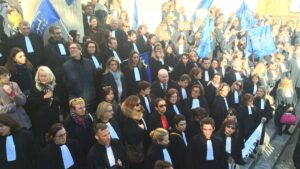

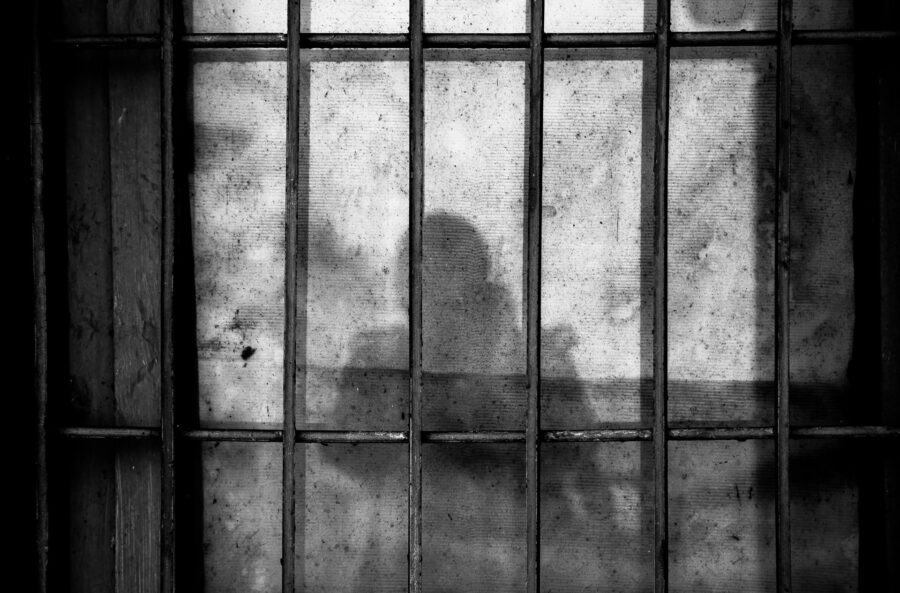
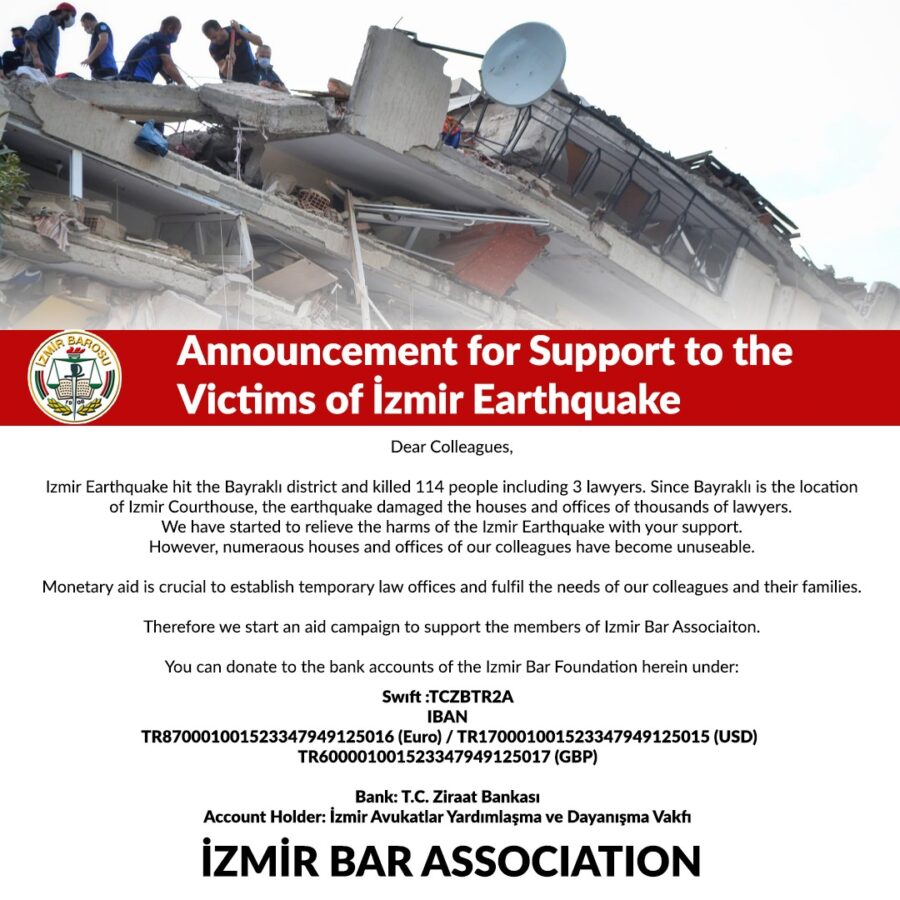





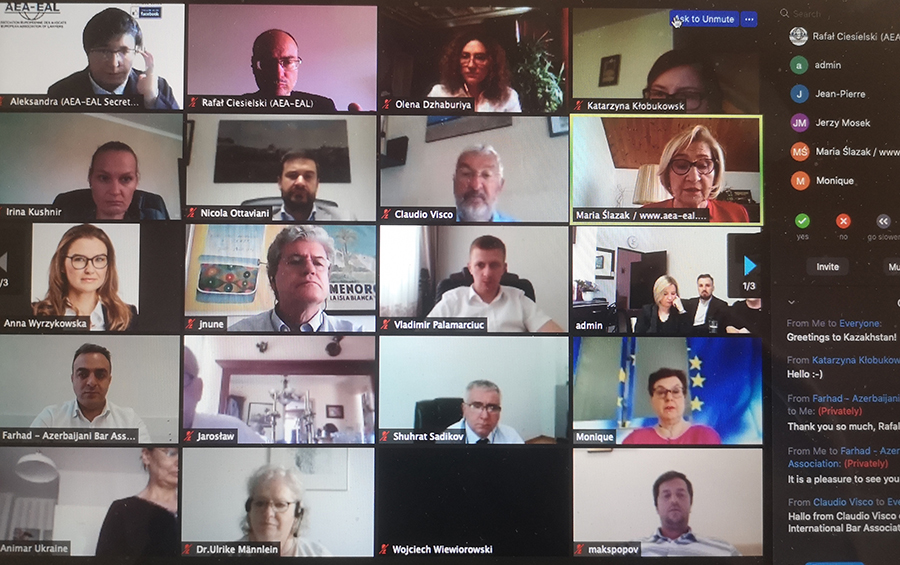
 Twinning was officially opened by Maria Ślązak, AEA-EAL President, who welcomed all participants and underlined the idea of the Twinning – connecting people not only on professional grounds but also by building closer personal relations. That is why during meeting in person, guests are hosted by local lawyers at their homes, various networking activities are organised and scientific seminar is one of important, bot not the main part of the event. She referred to her long-lasting engagement in cooperation with a number of bar Councils from Bilbao, Erlangen, Exeter, Gdańsk, Leuven, Rennes and Verona, which is an example of successful twinning activities for more than 20 years!
Twinning was officially opened by Maria Ślązak, AEA-EAL President, who welcomed all participants and underlined the idea of the Twinning – connecting people not only on professional grounds but also by building closer personal relations. That is why during meeting in person, guests are hosted by local lawyers at their homes, various networking activities are organised and scientific seminar is one of important, bot not the main part of the event. She referred to her long-lasting engagement in cooperation with a number of bar Councils from Bilbao, Erlangen, Exeter, Gdańsk, Leuven, Rennes and Verona, which is an example of successful twinning activities for more than 20 years!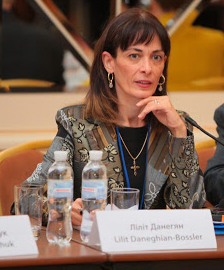 who expressed her gratitude for organizing the Twinning of Lawyers and noted that new technologies must be used always in secure and ethical way. COE has issued a number of Policy, recommendations, declarations, guidelines and other legal instruments on artificial intelligence and other technology tools. The most recent is Recommendation CM/Rec(2020)1 of the Committee of Ministers to member States on the human rights impacts of algorithmic systems including Guidelines on addressing the human rights impacts of algorithmic systems. Regarding human rights „states should ensure that they, as well as any private actors engaged to work with them or on their behalf, regularly and consultatively conduct human rights impact assessments prior to public procurement, during development, at regular milestones, and throughout their context-specific deployment in order to identify the risks of rights-adverse outcomes. Confidentiality considerations or trade secrets should not inhibit the implementation of effective human rights impact assessments.” Participants were
who expressed her gratitude for organizing the Twinning of Lawyers and noted that new technologies must be used always in secure and ethical way. COE has issued a number of Policy, recommendations, declarations, guidelines and other legal instruments on artificial intelligence and other technology tools. The most recent is Recommendation CM/Rec(2020)1 of the Committee of Ministers to member States on the human rights impacts of algorithmic systems including Guidelines on addressing the human rights impacts of algorithmic systems. Regarding human rights „states should ensure that they, as well as any private actors engaged to work with them or on their behalf, regularly and consultatively conduct human rights impact assessments prior to public procurement, during development, at regular milestones, and throughout their context-specific deployment in order to identify the risks of rights-adverse outcomes. Confidentiality considerations or trade secrets should not inhibit the implementation of effective human rights impact assessments.” Participants were 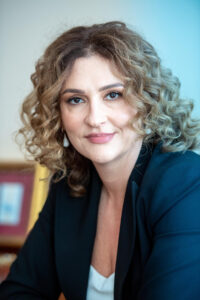 welcomed also by Olena Dzhaburiya, Deputy Dean of the Odessa Bar Council, who hosted all participants virtually on the beautiful city of Odessa expressing her hope to see each other in person next year. Jerzy Mosek, Dean of the Gdańsk Bar of Attorneys-at-Law,
welcomed also by Olena Dzhaburiya, Deputy Dean of the Odessa Bar Council, who hosted all participants virtually on the beautiful city of Odessa expressing her hope to see each other in person next year. Jerzy Mosek, Dean of the Gdańsk Bar of Attorneys-at-Law, 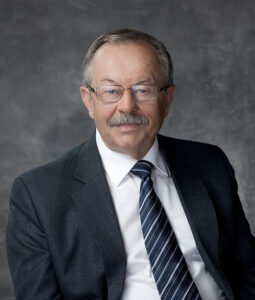 who was the host of the first twinning last year. Jerzy said that in today’s world, there is an ever-increasing flow of people, capital and information. We have to face the challenges and threats posed by globalization. Learning about the legal systems, organizational solutions and practices of individual countries becomes an element of our legal qualifications. This in itself justifies the need for lawyers from different countries to cooperate, not to mention the benefits of getting to know each other and getting rid of the existing prejudices, which are usually caused by the lack of reliable knowledge or information. The international cooperation of lawyers and the exchange of experiences related to it, is also one of the tools to improve the quality of our services to clients. After welcoming speeches Maxym Popov told a few words about Odessa and participants watched a short movie showing the beauty of the city.
who was the host of the first twinning last year. Jerzy said that in today’s world, there is an ever-increasing flow of people, capital and information. We have to face the challenges and threats posed by globalization. Learning about the legal systems, organizational solutions and practices of individual countries becomes an element of our legal qualifications. This in itself justifies the need for lawyers from different countries to cooperate, not to mention the benefits of getting to know each other and getting rid of the existing prejudices, which are usually caused by the lack of reliable knowledge or information. The international cooperation of lawyers and the exchange of experiences related to it, is also one of the tools to improve the quality of our services to clients. After welcoming speeches Maxym Popov told a few words about Odessa and participants watched a short movie showing the beauty of the city.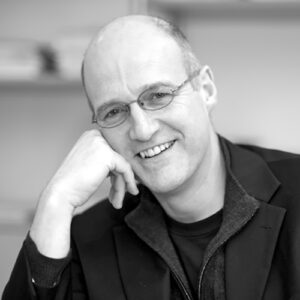
 thanks the AEA-EAL for inviting him to participate in the twinning underlining that he cooperates with AEA-EAL President for a longer time. Then he commented on the issue of protecting data while using the new technologies pointing out that lawyers process data not only during performing their professional duties, but also being employers and service providers.
thanks the AEA-EAL for inviting him to participate in the twinning underlining that he cooperates with AEA-EAL President for a longer time. Then he commented on the issue of protecting data while using the new technologies pointing out that lawyers process data not only during performing their professional duties, but also being employers and service providers.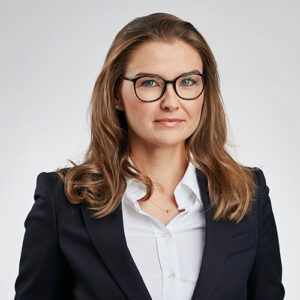
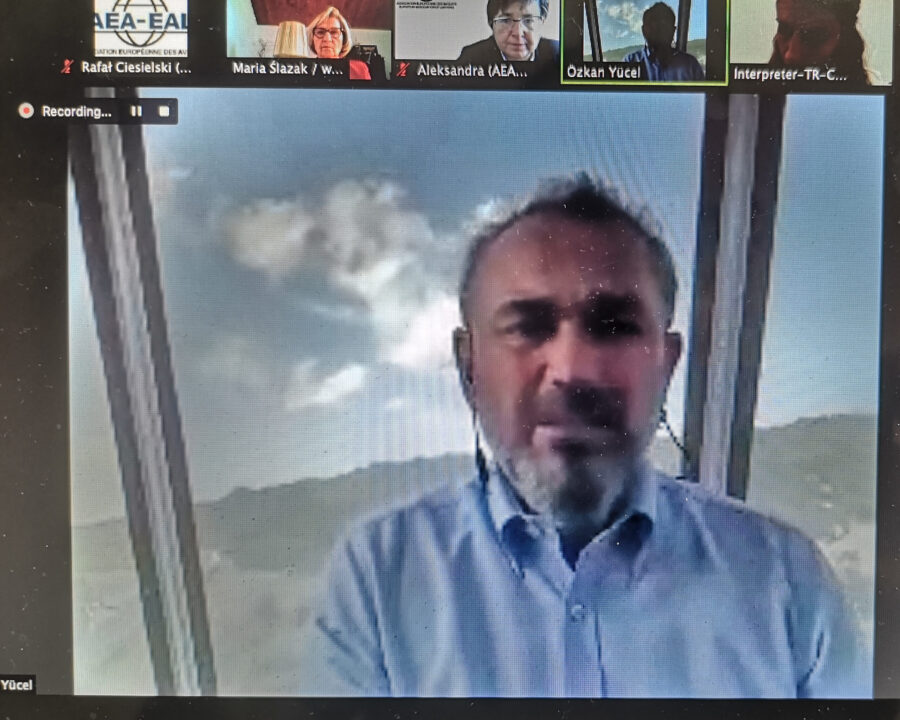
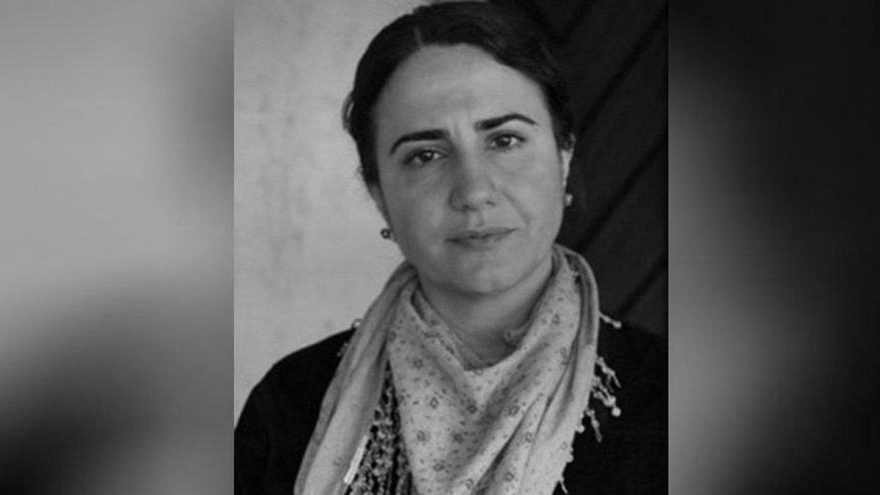
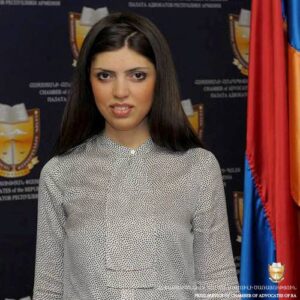 Mane Karpetyan, Deputy President of the Armenian Bar Association greeted all participants from Armenia and presented news on recent developments on legal profession and justice in Armenia. She told also on a heavy impact of Covid-19 pandemic on citizens’ life in her country.
Mane Karpetyan, Deputy President of the Armenian Bar Association greeted all participants from Armenia and presented news on recent developments on legal profession and justice in Armenia. She told also on a heavy impact of Covid-19 pandemic on citizens’ life in her country.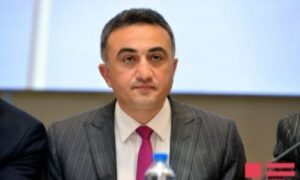
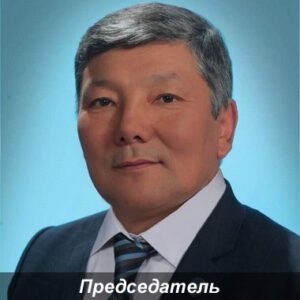
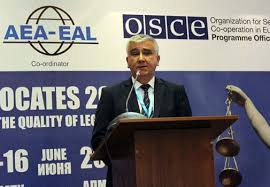
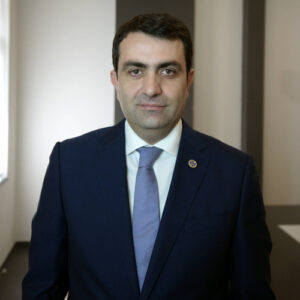
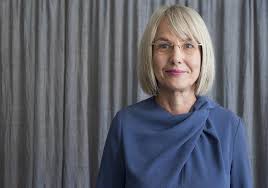
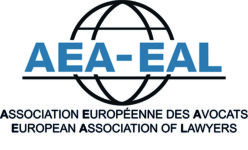
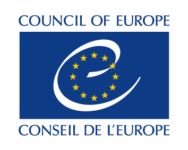


 Twinning was officially opened by Maria Ślązak, AEA-EAL President, who welcomed all participants and underlined the idea of the Twinning – connecting people not only on professional grounds but also by building closer personal relations. That is why during meeting in person, guests are hosted by local lawyers at their homes, various networking activities are organised and scientific seminar is one of important, bot not the main part of the event. She referred to her long-lasting engagement in cooperation with a number of bar Councils from Bilbao, Erlangen, Exeter, Gdańsk, Leuven, Rennes and Verona, which is an example of successful twinning activities for more than 20 years!
Twinning was officially opened by Maria Ślązak, AEA-EAL President, who welcomed all participants and underlined the idea of the Twinning – connecting people not only on professional grounds but also by building closer personal relations. That is why during meeting in person, guests are hosted by local lawyers at their homes, various networking activities are organised and scientific seminar is one of important, bot not the main part of the event. She referred to her long-lasting engagement in cooperation with a number of bar Councils from Bilbao, Erlangen, Exeter, Gdańsk, Leuven, Rennes and Verona, which is an example of successful twinning activities for more than 20 years! thanks the AEA-EAL for inviting him to participate in the twinning underlining that he cooperates with AEA-EAL President for a longer time. Then he commented on the issue of protecting data while using the new technologies pointing out that lawyers process data not only during performing their professional duties, but also being employers and service providers.
thanks the AEA-EAL for inviting him to participate in the twinning underlining that he cooperates with AEA-EAL President for a longer time. Then he commented on the issue of protecting data while using the new technologies pointing out that lawyers process data not only during performing their professional duties, but also being employers and service providers.
